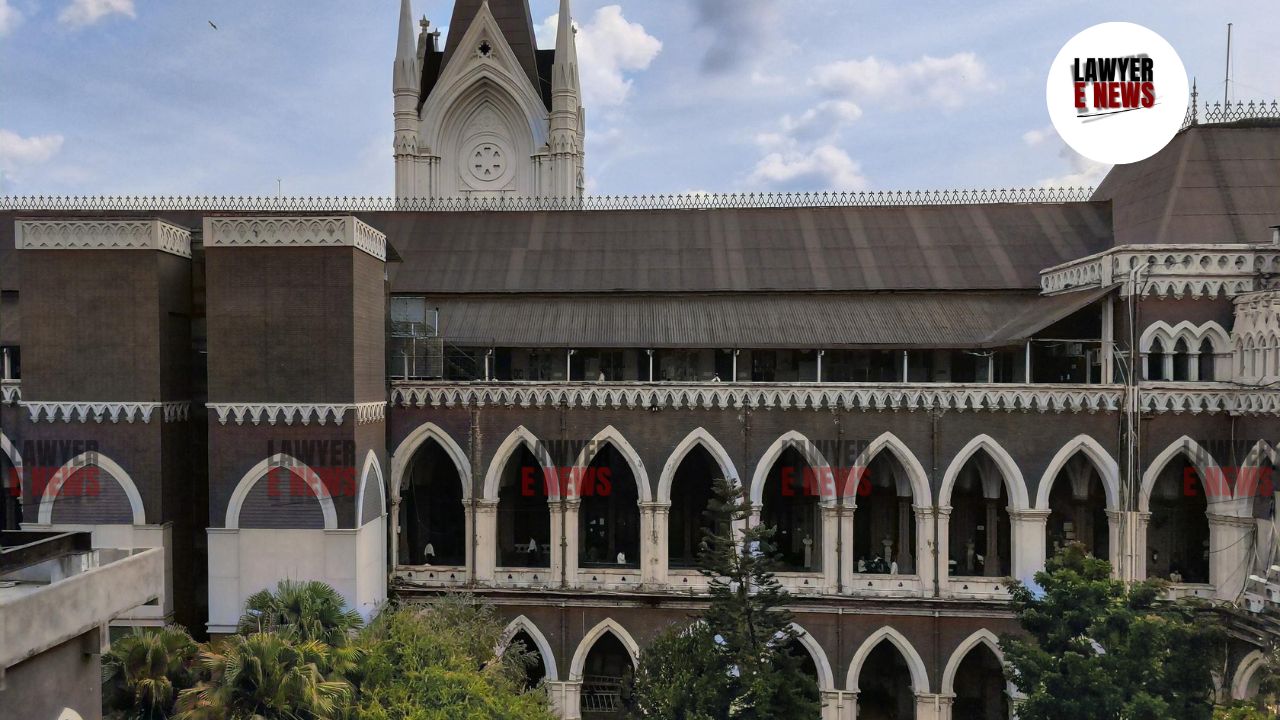-
by Admin
15 February 2026 5:35 AM



Calcutta High Court, presided by Hon’ble Justice Shampa Dutt (Paul), quashed criminal proceedings initiated under Sections 498A, 406, and 34 of the Indian Penal Code (IPC) and Sections 3 and 4 of the Dowry Prohibition Act, 1961, against the petitioner, Vishal Jaiswal. The court ruled that the allegations in the case, filed six years after the complainant left the matrimonial home, were vague, delayed, and lacked prima facie evidence, thereby amounting to an abuse of legal process.
The case originated from a complaint filed by the petitioner’s wife under Sections 498A (cruelty), 406 (criminal breach of trust), and 34 (common intention) of the IPC, along with Sections 3 and 4 of the Dowry Prohibition Act, alleging cruelty and non-return of her "Streedhan" articles. The couple was married in 2015, and the complainant left the matrimonial home in 2016. The complaint was lodged in 2022, after a gap of six years.
The petitioner challenged the proceedings before the Calcutta High Court, asserting that the allegations were vague, generalized, and devoid of any specific instances of cruelty or harassment. The petitioner argued that the delay in filing the complaint further undermined the credibility of the allegations.
The court noted that the allegations in the complaint were vague, omnibus, and lacked specific details such as time, date, place, or manner of harassment. Justice Shampa Dutt (Paul) referred to the Supreme Court's decision in Dara Lakshmi Narayana v. State of Telangana (2024), which emphasized that:
"Making vague and generalized allegations during matrimonial conflicts, if not scrutinized, will lead to the misuse of legal processes and an encouragement for use of arm-twisting tactics by a wife and/or her family."
The court observed that such sweeping accusations, unsupported by concrete evidence, cannot form the basis for a criminal prosecution.
The six-year delay in filing the complaint raised serious doubts about the genuineness of the allegations. The court remarked that no plausible explanation had been provided for this delay, stating:
"The complainant’s choice to file the present application in 2022, six years after leaving her matrimonial home, undermines the credibility of the allegations and suggests an ulterior motive."
The court relied on the principles laid down in State of Haryana v. Bhajan Lal (1992), where the Supreme Court identified categories of cases warranting quashing of criminal proceedings, including those initiated with ulterior motives or lacking prima facie evidence. The court also cited the cautionary observations made in Preeti Gupta v. State of Jharkhand (2010):
"Courts must exercise caution to prevent misuse of legal provisions in matrimonial disputes and avoid unnecessary harassment of innocent family members."
In this case, the High Court found that the proceedings fell within the parameters of "misuse of legal process" and were initiated as a form of personal vendetta.
The complainant had alleged that her "Streedhan" articles were not returned. However, the case diary showed that certain articles had been seized from the matrimonial home and returned to her. The court found no prima facie evidence to substantiate the claim of wrongful retention of "Streedhan" articles.
The court allowed the revisional application and quashed the criminal proceedings against Vishal Jaiswal, observing:
"In the present case, the allegations in the materials on record, including the case diary, do not prima facie make out a case for the offences alleged against the accused person."
The judgment underscores the importance of judicial caution in handling matrimonial disputes to prevent the misuse of legal provisions like Section 498A IPC. By quashing the proceedings based on vague and delayed allegations, the Calcutta High Court reaffirmed the principle that criminal law should not be used as a tool for personal vendetta or harassment.
Date of Decision: January 8, 2025
